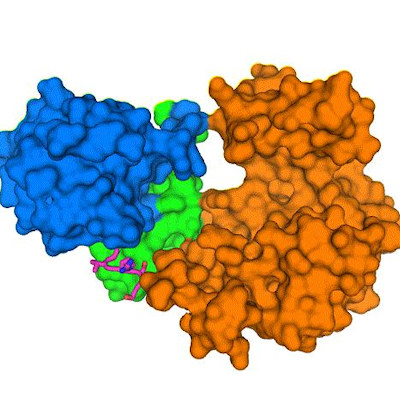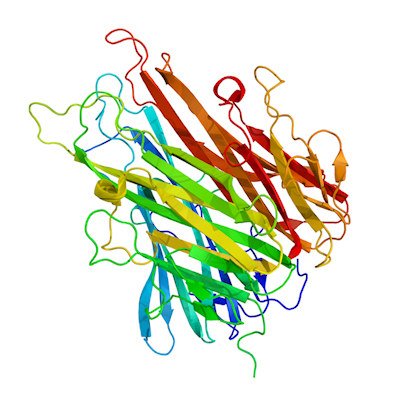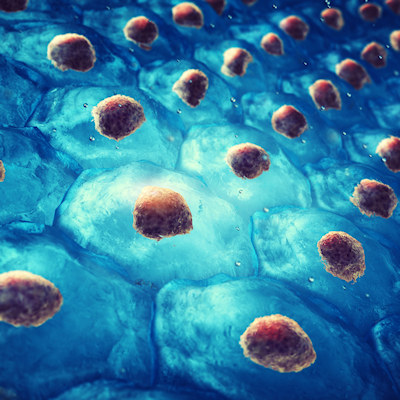January 23, 2023 -- A peptide has suppressed acute lung injury (ALI) in mice harmed by bacterial infection, revealing a path to developing the first targeted medical therapy for the condition.
ALI, a term that covers acute respiratory distress syndrome (ARDS), is typically caused by infections that lead to inflammation, barrier dysfunction, and ultimately the build-up of fluid in the lungs.
Around 190,000 patients suffer from ALI/ARDS in the U.S. every year. With physicians lacking disease-modifying therapies despite decades of research and development, 74,500 patients die of the lung condition each year in the U.S.
Writing recently in iScience, researchers at the University of California, Irvine, describe their work to develop the first targeted treatment of ALI/ARDS. The researchers, working with collaborators at the University of California, Los Angeles, developed a peptide treatment for the condition and tested it in mice.
The collaborators designed the C6 peptide to inhibit voltage-gated proton channels (Hv1), channels that are expressed by neutrophils, a type of white blood cell, and mediate processes involved in the innate immune response. Neutrophils are the primary inflammatory cell type in the lungs of ALI/ARDS patients. By suppressing neutrophil activity, the peptide could stop the inflammation and edemas seen in ALI/ARDS patients.
In an earlier study, the collaborators showed the peptide suppressed the release of reactive oxygen species and proteases from neutrophils in vitro, encouraging them to run the in vivo studies described in the new paper. The studies tested the peptide in mice with ALI induced by bacterial lipopolysaccharide.
Intravenous administration of C6 protected lung function and decreased inflammation in the ALI mice. Further work showed the peptide reduced the influx of neutrophils and reactive oxygen species, and, in doing so, provided validation of the mechanism of action. Dr. Steven Goldstein, PhD, a distinguished professor of pediatrics, physiology, biophysics, and pharmaceutical sciences at UC Irvine led the study and explained its significance.
"Despite five decades of effort, there are no disease-modifying drugs that can treat patients with acute respiratory distress syndrome," he said in a statement. "The C6 peptide shows promise as a therapy for this damaging lung disease, giving hope to patients where so little exists now."
Goldstein and his collaborators now plan to run more studies of C6 and its derivatives, plus assessments of small molecule mimetics the team has isolated to treat inflammatory diseases of the lungs and other tissues. The roadmap includes evaluations of how long the peptide stays in the body and the process by which it is eliminated.
Copyright © 2023 scienceboard.net










